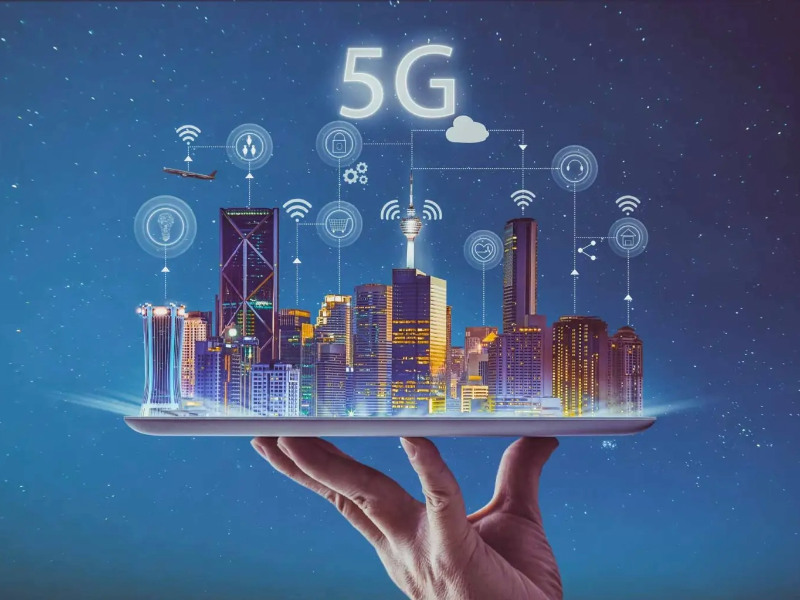- Telkomsel expands its hyper 5G network with AI-powered autonomous technology across Greater Jakarta
- The expansion aims to enhance connectivity and meet the growing demand for high-speed mobile services
What happened: Telkomsel brings hyper 5G network to Jakarta
Telkomsel continues to strengthen its position as the leading provider of digital telecommunications services by massively and continuously expanding its 5G network (Hyper 5G) in the Greater Jakarta area (Jabodetabek). With the support of Huawei, this initiative is undertaken to welcome the Christmas and New Year 2024/2025 (NARU) festivities, ensuring the community enjoys the best digital experience during this special season.
Telkomsel’s Hyper 5G network now covers key routes and areas, including Soekarno-Hatta and Halim Perdanakusuma airports, Pantai Indah Kapuk 1 and 2, and business districts from Pondok Indah to the National Monument (Monas). Since its commercial launch in 2021, Telkomsel’s Hyper 5G has become the most extensive and advanced network in Indonesia, with over 1,400 5G base transceiver stations (BTS) spread across 56 cities and regencies, driving progress and supporting the country’s digital transformation.
“As the epicentre of economic activity, governance, and a national progress barometer, Greater Jakarta demonstrates significant 5G smartphone adoption and rising demand for high-speed data,” said Indra Mardiatna, CTO at Telkomsel.
Also read: Telkomsel’s Ir. Fadli Hamsani drives digital transformation in Indonesia
Also read: Telkomsel hosts Amazon’s CTO for insights into cost-efficient cloud architecture
What it’s important
The expansion of Telkomsel’s hyper 5G network is a pivotal moment for Indonesia, positioning it as a leader in Southeast Asia’s digital connectivity. Telkomsel’s integration of AI-driven autonomous network technology sets a new standard for 5G rollouts, improving both network management and performance at scale. This move places Telkomsel at the cutting edge of telecommunications, aligning with global trends in smart cities and IoT. For example, T-Mobile and Verizon in the U.S. have similarly embraced AI-driven automation in their 5G deployments, improving efficiency and reducing operational costs. The wider availability of 5G technology can accelerate Indonesia’s digital economy by empowering businesses, enhancing mobile apps, and providing the infrastructure necessary for the next wave of innovation.
However, the broader implications of such rapid expansion raise important questions about digital inequality. Smaller businesses and remote regions might face difficulties accessing these advancements, leaving gaps in digital access. Take, for example, a local startup like Warung Pintar, an Indonesian tech company that enables small retail shops to digitize their operations. This business relies on mobile connectivity for stock management, transactions, and customer engagement. While large corporations like Telkomsel can leverage hyper-5G technologies, smaller companies like Warung Pintar might struggle to keep up with the pace of digital advancements in more remote areas without the same infrastructure access. This inequality could hinder their growth and limit the ability of small companies to compete in a rapidly evolving digital economy. Therefore, it is crucial to ensure that equitable access to 5G services is a key part of Indonesia’s digital future, so that businesses of all sizes can thrive.

